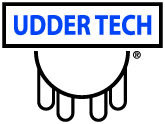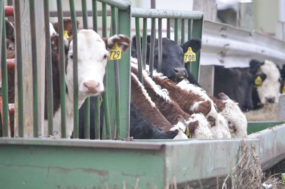“For cow/calf operations, what is done in the fall can carry over to help make a successful spring,” says Glenn Rogers, DVM, Pfizer Animal Health Veterinary Operations. “Making sure cows have the right vaccination boosters and are dewormed can help prevent losses and help protect the next generation of calves.”
Dr. Rogers recommends boostering the leptospirosis component of a cow’s vaccination protocol during fall processing even if vaccination was administered in the spring, especially if the operation is in an area with a high lepto prevalence.
For general reproductive disease protection, fall is a great time to administer vaccines. This can help protect cattle against critical reproductive diseases such as infectious bovine rhinotracheitis (IBR) and bovine viral diarrhea (BVD).
Producers also should consider deworming cows in the fall because larvae tend to build up on summer pastures and reducing the parasite burden can help keep cows in optimal body condition prior to winter.
For all ages of cattle, applying a dewormer that controls lice can help get the parasites in check before heading into the winter months.
“When planning your fall herd health program, it’s important it fit the program with the specific herd health needs of the farm or ranch,” Dr. Rogers says. “It’s always best to talk to your local veterinarian when planning your fall herd health program.” ![]()







